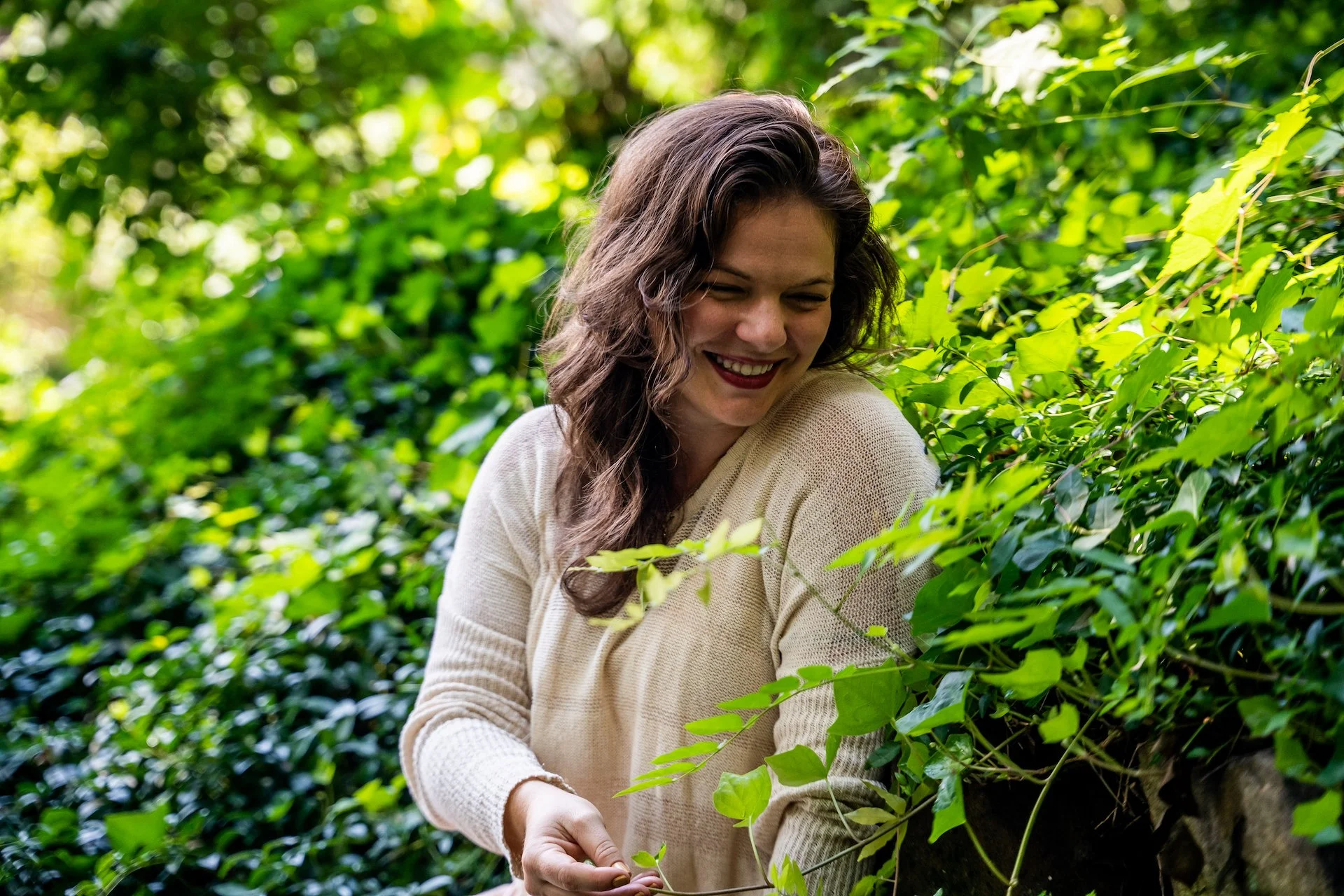My story as a “feeler”
I don’t know about you, but I’m a “feeler.”
I’ve always been this way. I’m naturally sensitive, which means I feel and sense things at a deep level - in my emotions, my spirit, and my body.
Like many others, it hasn’t been easy to have a relationship with my emotions.
I spent much of my life confused and ashamed about how much I feel. Messages about “being too much” or the pain of not being understood (by myself or others) were caked on the inner walls of my being. It resulted in highs and lows. Periods that left me like a puddle on the floor. Riding those cycles was like being pulled by a stampede of stallions. I was totally at the mercy of their speed and direction.
Looking back, I get why it was such a struggle. Emotions are wild! They’re primal. And they occur in the body (which is why they’re felt so deeply). They can also be quite amorphous and shape-shifty therefore hard to work with if we don’t have the right frameworks or support.
Plus, until recently, society hasn’t really understood what emotions are or how best to work with them. So of course my experience growing up was riddled with confusion.
But luckily we live at a time when research on emotions is alive and well! Such cool insights are coming out of neuroscience and clinical psychology, and my new course Empower yourself, dear feeler is rooted in them.
The material I share in my course is material that has helped me. It’s frameworks and tools that are grounded, clear, and supported by an established and growing evidence base from the AEDP Institute.
Why is this important?
Because there’s an increasing number of conversations, courses, and coaches that invite you to explore your emotions. This is great (woo hoo cultural progress!) but also means that there’s an array of approaches out there, and some are better than others.
The act of turning inward and exploring emotions is no small feat. Especially for those of us with adversity in our past.
Therefore I chose to get trained in a curriculum that I knew I could trust. One that’s well-vetted, trauma-informed, based on supervised and peer-reviewed work; and one that I personally know (through the therapists I work with and through my husband, who practices AEDP in his psychiatry practice).
You could say that I’m an AEDP fangirl ;)
I share this because with multiple emotional tools out there I want you to have the information you need to discern what’s best for you.
Discernment is one of the skills that I believe we greatly need during these complex times. To navigate huge swaths of info, competing interests, inconsistent truths, and more.
So please ask away! Email me with any questions you have about the course and beyond. And know that I trust you to make whatever decision is best for you and wholeheartedly support you to do so.
Hi, I’m Liz Moyer Benferhat. Writer, facilitator, coach, and development practitioner dedicated to the subtle interplay between how inner transformation feeds the outer transformation we need in the world. Welcome 🌿


